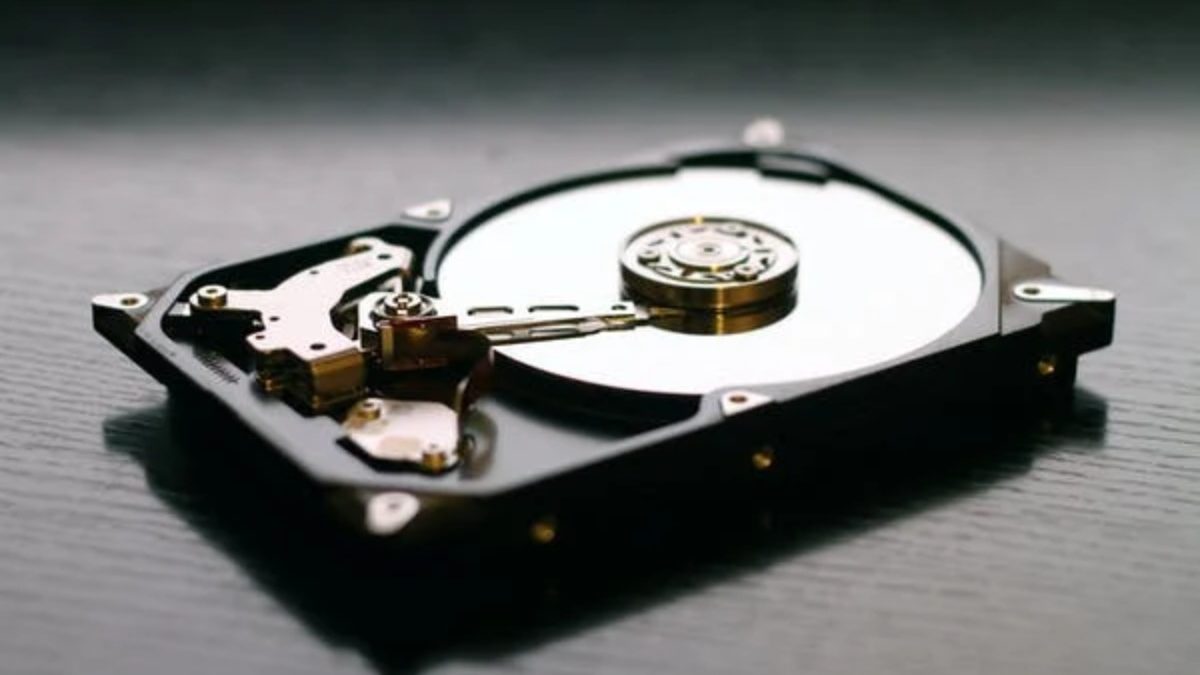The DNA data storage system is one of the options that seem most promising to solve the storage problem in the future.
In today’s society, information is essential for people and companies in different sectors of activity.
Whether it’s client databases, confidential information related to a project, or the photos of a lifetime, you need a system that allows you to store all this data more efficiently than today.
Throughout history, different systems have use to store data, such as floppy disks, cassette tapes, CDs and DVDs, Blu-ray, etc.
Table of Contents
What is DNA Data Storage?
The DNA data storage system has studied for many years, and it may be one of the future solutions.
Although it is complicated to explain. We could say that it consists of a process of encoding and decoding binary data (traditionally labelled as 0 and 1) to and from synthesize DNA strands.
Just as DNA stores our genetic information. What we want to achieve is to keep non-genetic data in it in the most efficient way possible.
Advantage
Information Takes Up Less Space
DNA is very dense, and much more information could be store in much less space than is need with current systems.
Greater Durability
DNA is stable for millennia, so the data stored in it could preserve for much longer.
Lower Energy Consumption
DNA work techniques are low energy consumption processes.
Disadvantages
Read and Write Speed
Although improvements are achieving, the data access speed is still very slow.
Data Recovery
The process for retrieving stored data still needs to be refine to be more practical and efficient.
Thus, the desired DNA fragment (and the file) can be recovere without damaging the rest.
High Costs
The cost is still very high, and it will take years for this system to be cost-competitive concerning the current magnetic storage system.
Considering all these factors. We see that the investigations are on the right track, despite the problems that stand in the way.
There is still a lot of work ahead, but the progress makes us optimistic about the future.
We hope that progress will continue and that it will not be long before we can use DNA as a replacement for current storage systems.

